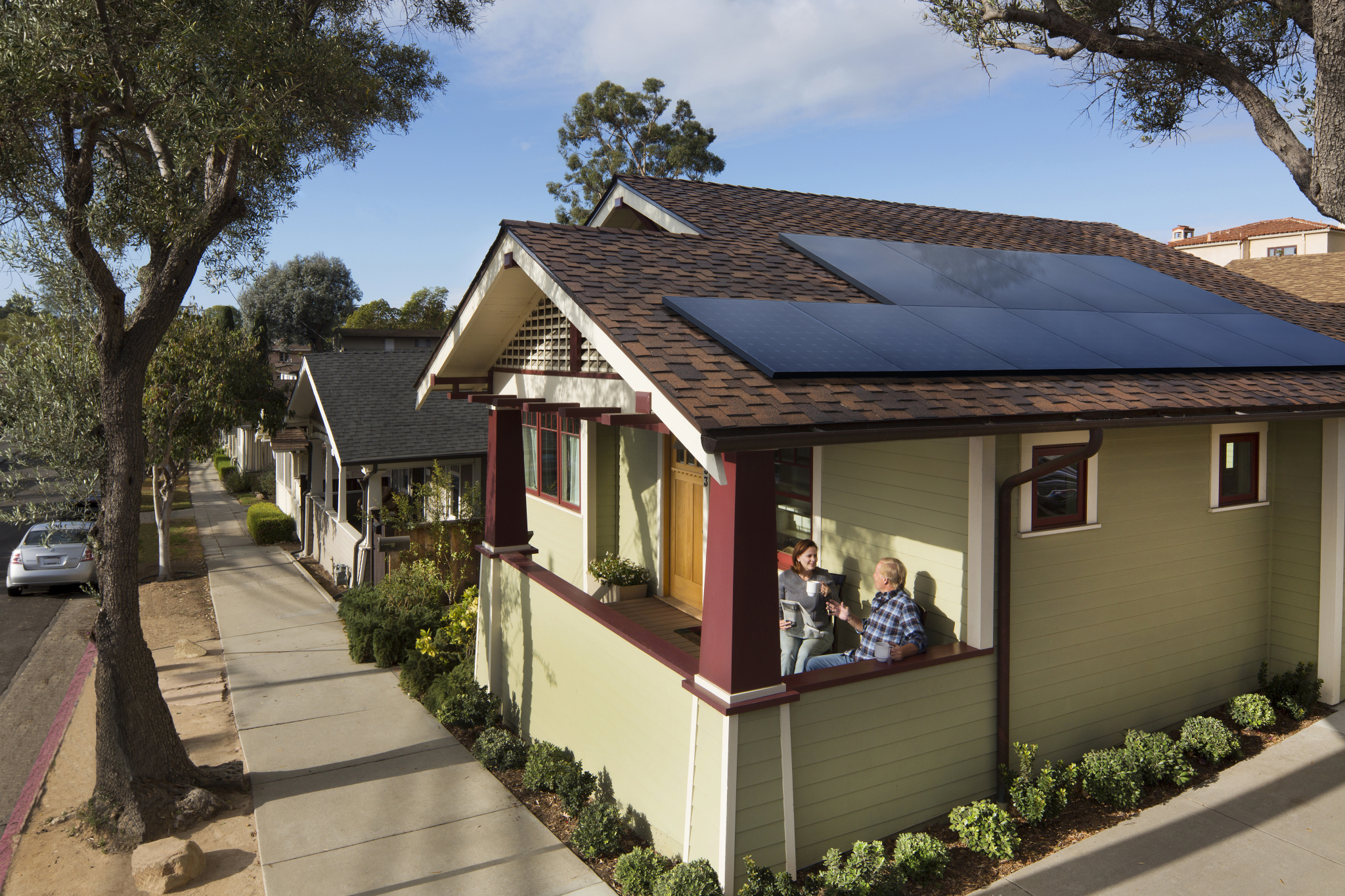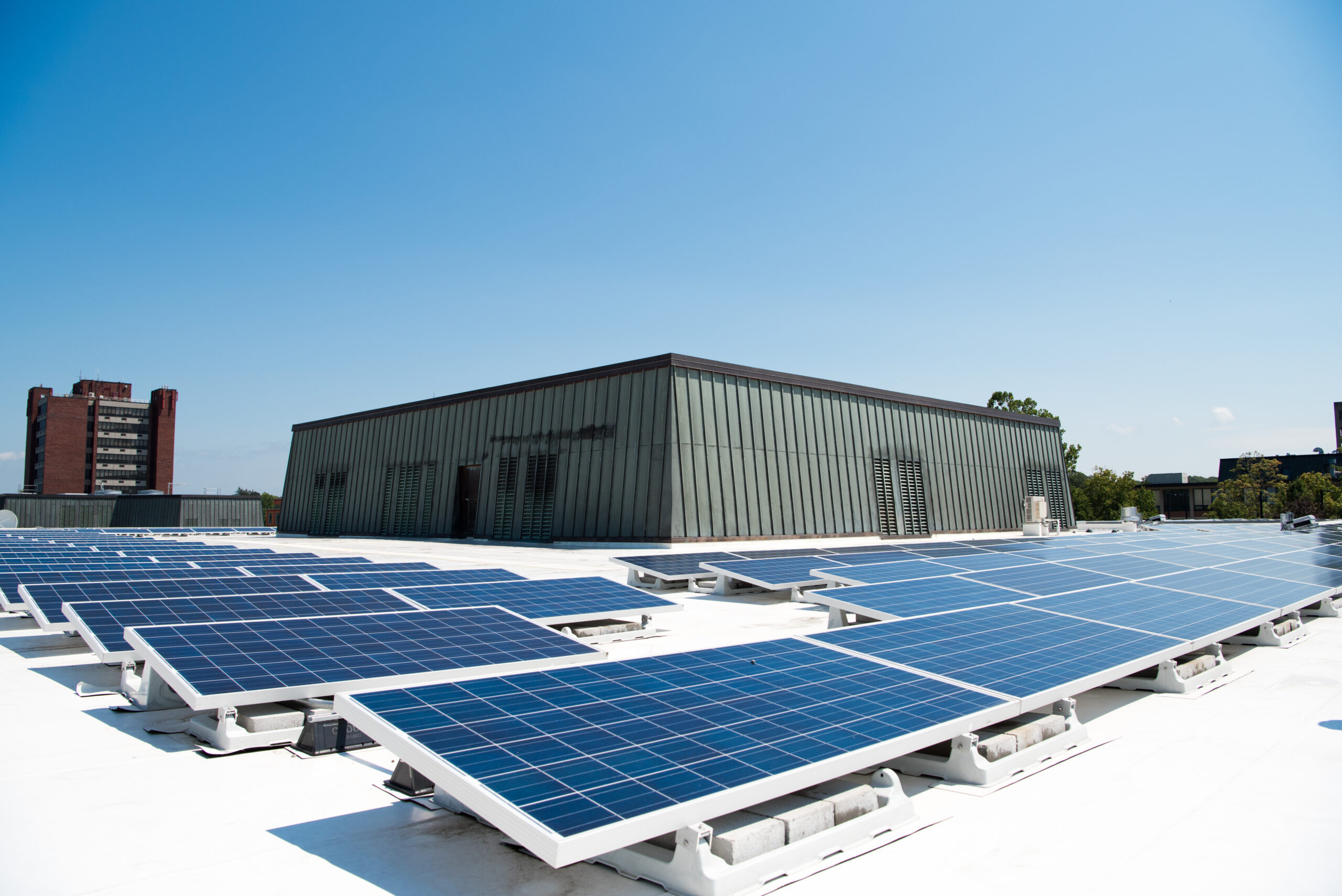Lighting the Future: The Importance of Solar Electricity in the Electrification of Homes and Businesses

The world is becoming increasingly electrified. From our homes to our businesses, the reliance on electric power is growing every day. This increase, while beneficial for many reasons, presents its own set of challenges, the most significant of which is the carbon emissions associated with traditional power generation methods. One solution to this problem is the adoption of solar electricity. Here’s why it’s crucial to incorporate solar power into the electrification of our homes and businesses.
Electrification and Its Advantages
Electrification refers to the process of replacing technologies that use fossil fuels (like natural gas, oil, or coal) with those that use electricity. This transition is happening across a range of sectors and applications, including heating and cooling systems, cooking appliances, and vehicles.
Electrification has several benefits. It can increase energy efficiency, reduce greenhouse gas emissions, and improve indoor air quality. However, the extent of these benefits depends significantly on the source of the electricity. This is where solar power comes into play.
The Power of Solar Electricity
Solar electricity, generated by converting sunlight directly into electricity using photovoltaic (PV) panels, is a clean, renewable source of power. It produces no emissions during operation and, once the panels are installed, the fuel (sunlight) is free and inexhaustible.
Incorporating solar electricity into our homes and businesses can bring multiple benefits:
- Reducing Carbon Footprint: Solar electricity generation produces zero greenhouse gas emissions, helping to mitigate climate change.
- Energy Independence: With solar panels, homes and businesses can generate their own electricity, reducing reliance on the grid and protecting against energy price volatility.
- Cost Savings: While there’s an initial investment required for solar panel installation, the long-term savings on energy bills can be significant. Plus, in many regions, there are incentives and subsidies available to offset the installation costs.
- Resilience: Solar power systems can provide energy security and resilience, especially when paired with energy storage solutions like batteries. They can keep the lights on during grid outages and reduce the impact of power disruptions.
Making the Switch to Solar Electricity
The electrification of our homes and businesses is a necessary step towards a sustainable future. However, to fully reap the benefits of this transition, it’s essential to ensure the electricity used is as green as possible.
Solar power provides an accessible and effective way to do this. By incorporating solar electricity into our buildings, we can reduce our carbon footprint, achieve energy independence, save on energy costs, and increase our resilience. Now is the time to harness the power of the sun and light the way to a sustainable future.




